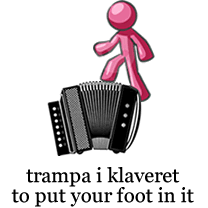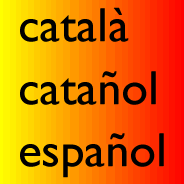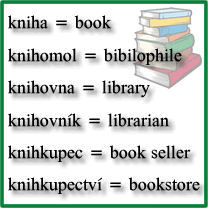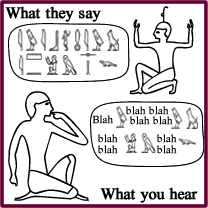When putting together a post on my Celtiadur today, I discovered that the English word slew (a large amount) is related to words in Celtic languages for troop, army, host or throng, and to words for servant in Slavic languages.
Slew was in fact borrowed from Irish – from the word slua (host, force, army; crowd, multitude, throng), from the Old Irish slúag / slóg (army, host; throng, crowd, company, assembly), from Proto-Celtic *slougos (troop, army), from the Proto-Indo-European *slowgʰos / *slowgos (entourage).
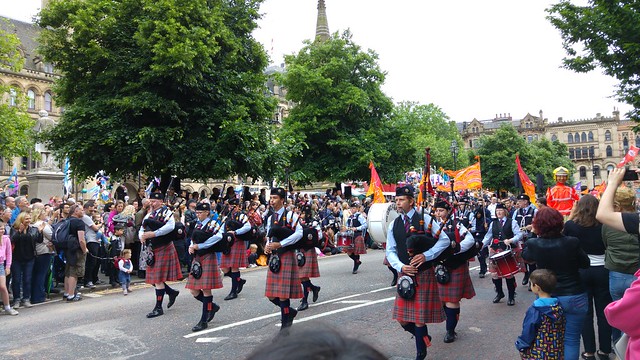
There are similar words in the other Celtic languages, including llu in Welsh, which means host, multitude, throng, crowd, flock, army, or regiment, and appears in the Welsh word for police: heddlu (hedd = peace).
In Manx the equivalent is sleih, which is the general word for people, and also means public, family, relations, inhabitants, crowd or populace.
Words for servant in Slavic languages, such as sluha in Czech and Slovak, sługa in Polish, and слуга (sluga) in Russian, Ukrainian, Serbian, Bulgarian and Macedonian, all come from the same root, via the the Proto-Slavic word sluga (servant).
Another English word that comes from the same root is slogan, from the Scottish Gaelic sluagh-ghairm (battle cry), from the Old Irish slúag / slóg (army) and gairm (a call, cry) [source].
Sources: Wiktionary, On-Line Manx Dictionary, Geiriadur Prifysgol Cymru

